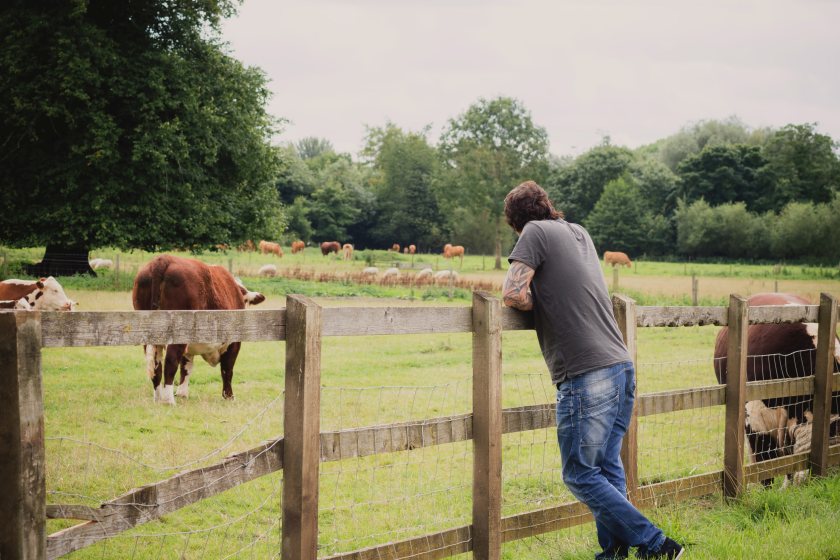
More than a third of UK farms could go out of business in the next five years, rising to 56% by 2035, according to a survey of 2,000 British farmers.
Commissioned by finance advisory firm Ashbridge Partners, the study looked at the impact of the government’s controversial inheritance tax proposals.
The change to agricultural property relief (APR) from April 2026 will see 100% relief from IHT restricted to the first £1m of combined agricultural and business property.
Above this amount, landowners will pay up to 20% IHT, paid in instalments over 10 years, interest free, and a couple can pass on up to £3m free of inheritance tax.
Over one in 10 farmers say they will face an IHT bill of over £1m due to the inheritance tax hike, with more than a third (31%) expecting to pay over £500,000, according to the new study.
The average farm business income (FBI) was £86,000 across all farm types in Britain, 2022/23 data shows, with 17% failing to make a positive FBI that year and only 41% making over £50,000.
At the average income level, Ashbridge Partners says it would take inheritors 11 to 12 years to pay off an IHT bill of £1m – more than the government’s 10-year instalment option.
Furthermore, only 40% of farms polled expect to fall below the proposed tax relief caps – leaving the equivalent of 125,400 UK farms above the threshold – a stark contrast to the government’s estimates of ‘significantly less than 500 estates per year.’
In total, 60% of farmers told Ashbridge Partners that they worry their business won’t be financially sustainable in the future if ministers go ahead with the plans.
To cover the cost of their inheritance bill, nearly half (41%) of the farmers surveyed will have to sell off at least half their farm business, with 39% selling off farmland.
When asked who they would likely have to sell their land to, more than half believe they will end up selling to UK and International Corporations or ‘Tycoons’ – potentially threatening the future of farms staying in the hands of traditional UK farmers.
Previous industry reports indicate that, in the last 12 months, private and institutional investors, along with 'lifestyle' farmers, account for more than half of farmland purchases in England. Just 47% of acquisitions were from traditional farmers.
Mark Ashbridge, managing director of Ashbridge Partners, said the government's proposed changes could dramatically affect farming families and businesses.
He said: "With over half of UK farms at risk in the next 10 years, these policies simply aren’t affordable or sustainable for the majority of farmers.
"If these proposals go ahead, we expect to see a wave of farmers seeking loans and exploring other forms of raising capital to cover these IHT costs."
According to the research, 17% of respondents said they will have to sell buildings, 7% will need to sell machinery, and 4% are considering selling other properties, while 27% said they will need to liquidate shares and future investments.
Nearly one in ten will have to go as far as to sell the farmhouse and 23% also reported that their farm shop could be at risk of sale, putting over 360 shops at risk of closure or under new ownership.
Responding to the survey, Olly Harrison, British farmer and influential farming voice, said: “Any politician's priority should be to keep its nation fed.
"I’m shocked by the lack of understanding by government of what UK farms do, three times a day, every day for everybody in the country.
"These are scary times and not just for farmers. The question is, will we see ration books again or even a ration app?”
